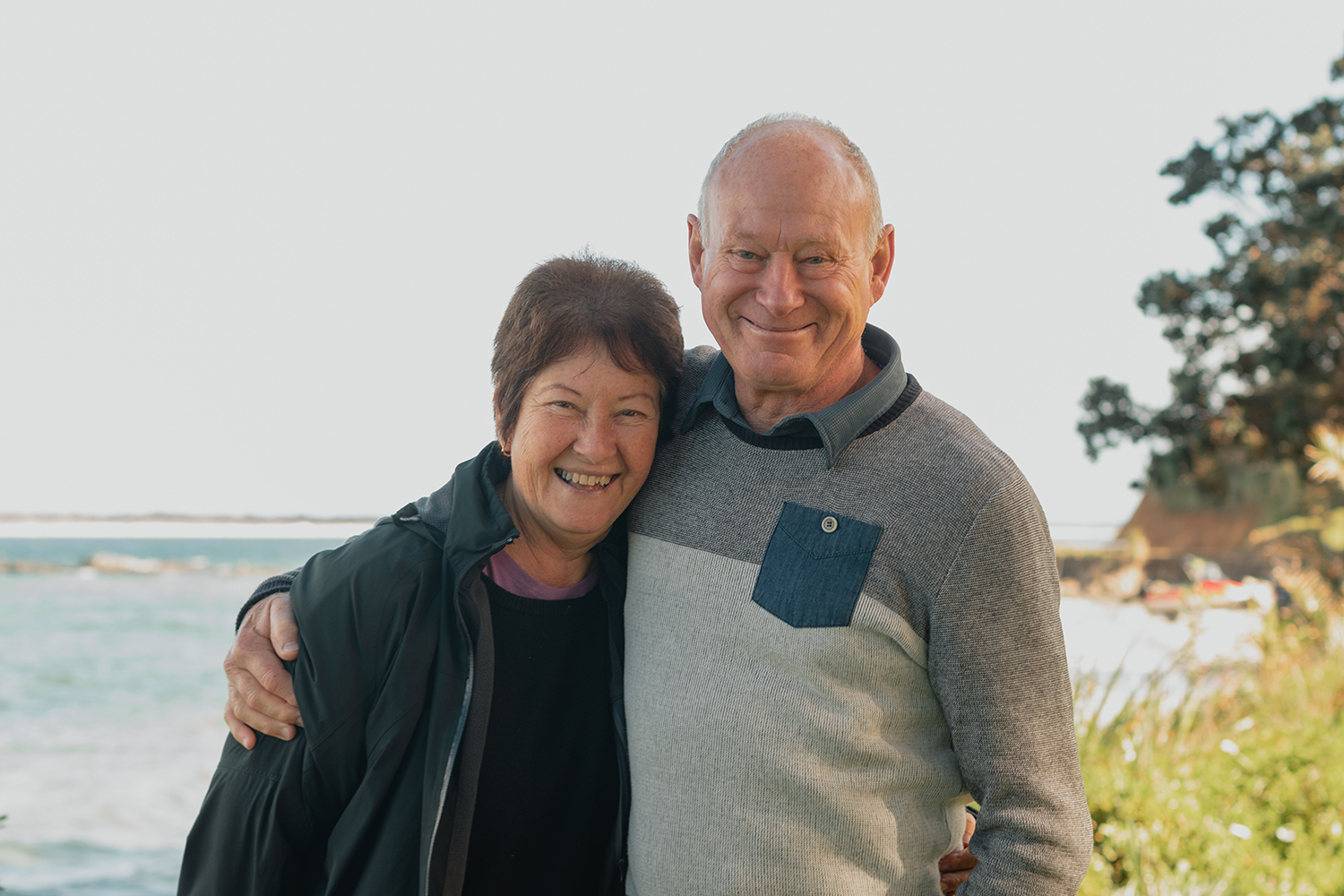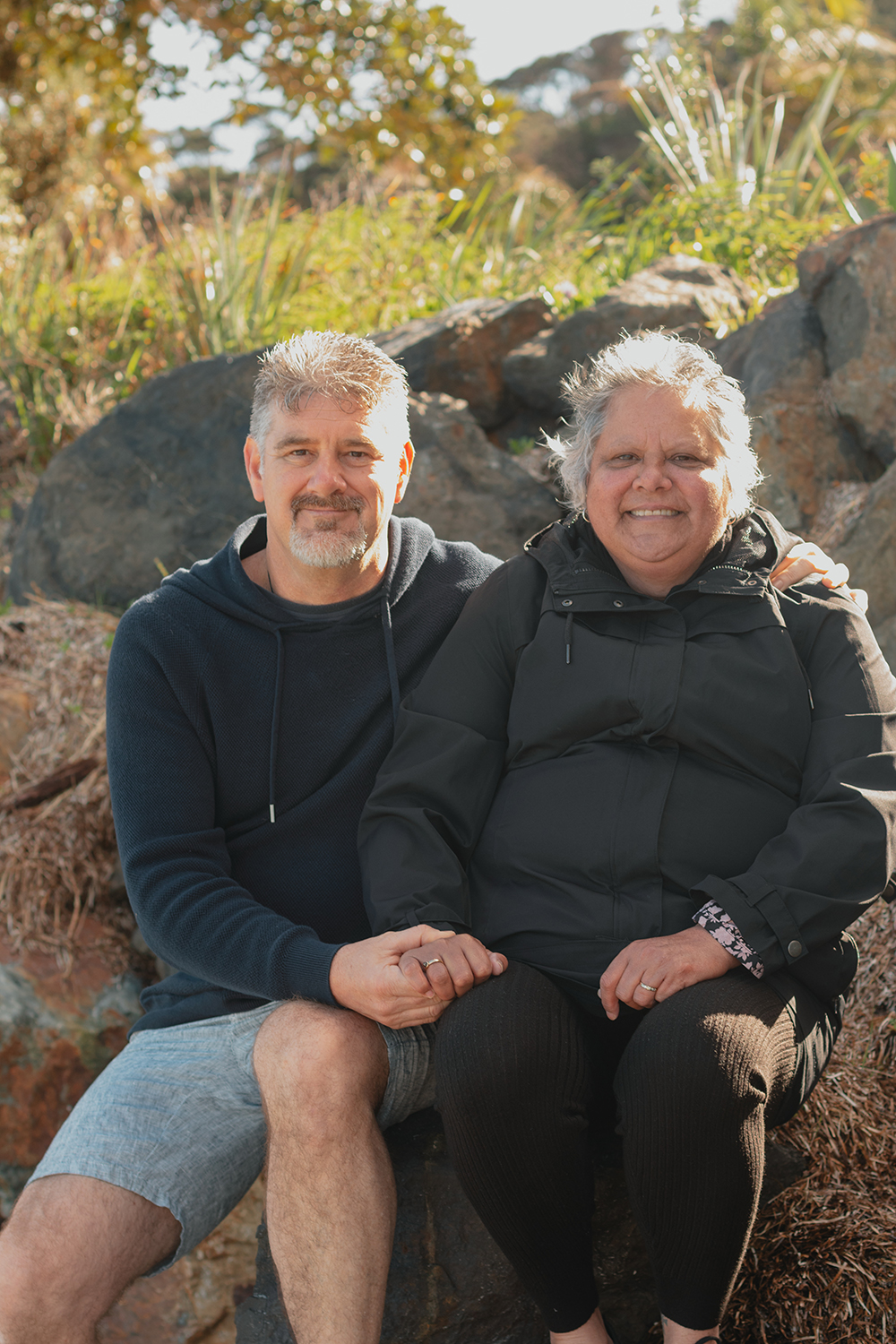When someone you love is diagnosed with cancer, you naturally want to help. But often, treatment leaves people exhausted, weak, and unsure how to safely stay active. That’s where cancer rehabilitation makes a real difference, especially during treatment.
PINC & STEEL certified Oncology Physios are experts in safely supporting people through every stage of cancer - before, during, and after treatment.
While medical specialists focus on eliminating the cancer, PINC & STEEL focuses on supporting the person living through it - helping individuals of all ages rebuild strength, function, confidence, and quality of life, so they can return to the daily activities and roles that make them feel like themselves again.
For many families, one of the biggest questions is:
"How can I help my loved one recover as quickly and as fully as possible?"
Cancer rehabilitation plays an important role in improving both the speed of recovery and the long-term outcomes for people affected by cancer.
Register someone for support Fund a session for someone.jpg)
That’s where cancer rehab makes a real difference.
PINC & STEEL Oncology Physios provide expert, personalised support to answer these questions, guide recovery safely, and help people rebuild what cancer has taken away.
People are never too weak, never too tired, and never too late for cancer rehab.
How do you measure the value of seeing your loved one…
Rehabilitation doesn’t just support the person with cancer — it supports their entire circle of family, friends and whānau.

“Since my husband's cancer diagnosis last year, he was not able to sit and walk around freely without the aid of crutches. PINC & STEEL rehab has made a huge difference in our lives — he is now able to walk unaided, joins family gatherings, goes fishing, and enjoys life again.”
— Paula

“PINC & STEEL rehab has given Graham motivation, fitness, and the belief that he can be as well as he once was. The camaraderie is heartwarming — it’s the highlight of his week.”
— Myra

“It has not only helped alleviate the after-effects of Bronwyn's illness but also given her an outlet to bond with others. Despite the physical challenges, she looks forward to the sessions each week.”
— Ross